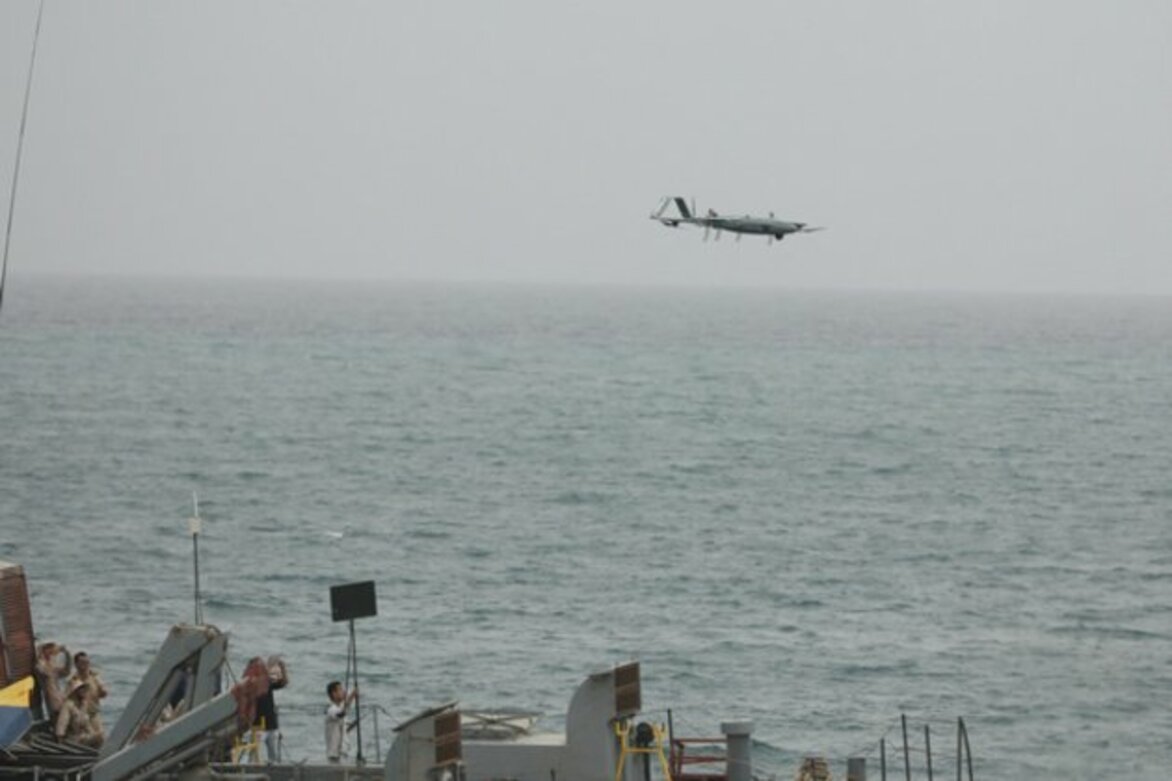Geopolitical importance of Indian Ocean
ANI
28 Mar 2023

New Delhi [India], March 28 (ANI): While the focus remains on the western Pacific and the South China Sea, because of the China-US direct interests, the Indian Ocean is a major geopolitical theatre. Several key energy-producing countries, such as Saudi Arabia, Iran, Iraq, Qatar and the UAE are located in the region. More than 60 per cent of the world's oil shipments, largely from the Middle East to China, Japan and other Asian economies pass through the Indian Ocean, as does 70 per cent of all container traffic to and from Asia's industrialised nations and the rest of the world, The Gulf News opined. In addition to commercial shipping and energy resources, three of the most significant choke points in the world make this Ocean of tremendous strategic significance. Malacca Strait between Malaysia, Singapore and the Indonesian island of Sumatra, connects Southeast Asia and the western Pacific to the Indian Ocean.
The Strait of Hormuz, connecting the Gulf to the wider Indian Ocean is arguably the most critical choke point because of the energy flows from the Gulf. Much of the energy resource to China, Japan, Korea and ASEAN passes through these two points.
The third, Bab-el-Mandeb strait, which flows between the Horn of Africa and Yemen on the Arabian Peninsula, connects the Red Sea to the Indian Ocean. Equally important is the Mozambique Channel between Madagascar and Mozambique, which is a key trading route for goods transiting the Cape of Good Hope to Europe, the Americas and Asia.
In recent years China's accent as a second-biggest economy and its need to protect its trade and energy supplies put it on what could become a collision course with the US and its regional allies (Quad- US, Japan, Australia and India and more recently the AUKUS, which is an acronym for Australia, United Kingdom and the United States).
Building on its anti-piracy missions around the Horn of Africa, China has emerged as a strong partner for the islands and littoral countries of the Indian Ocean. China's Maritime Silk Road, under Belt and Road Initiative, has provided an added platform to collaborate on economic and possibly military issues, The Gulf News wrote in its opinion piece.
In 2017 China set up its first overseas military facility in Djibouti on the Indian Ocean coast. While France, Japan, and the United States already have facilities in Djibouti, the Chinese base cements its position as a new player in the region, Gulf News opined.
After opening its economy over the last 40 years China has become the world's biggest mercantile nation. As reported by WTO, China's imports and exports in 2021 totalled USD 6,052.4 billion. The country is poised to become the world's biggest economy soon.
China's military modernisation to protect its economic interests directly challenges the American predominance in the Indian Ocean. The United States is, therefore, loath to let China dominate the region. This struggle is a core geopolitical issue of the 21st century.
China has invested heavily in infrastructure projects such as ports, roads, and railways in countries along the Indian Ocean, as part of its Belt and Road Initiative (BRI). This aims to improve connectivity and promote economic development in the region, which will further facilitate China's merchandise passing through the Indian Ocean.
In the last few years, China has increased its naval deployments into the Indian Ocean and developed what some analysts call a "string of pearls", a network of commercial facilities along the Indian Ocean littorals.
As the military tempo in the Indian Ocean is retched up, the predictions of Alfred Mahan, an American naval officer called the most important American strategist of the nineteenth century, seem to be coming true. He said, "Whoever controls the Indian Ocean, dominates Asia. This ocean is the key to the seven seas." (ANI)